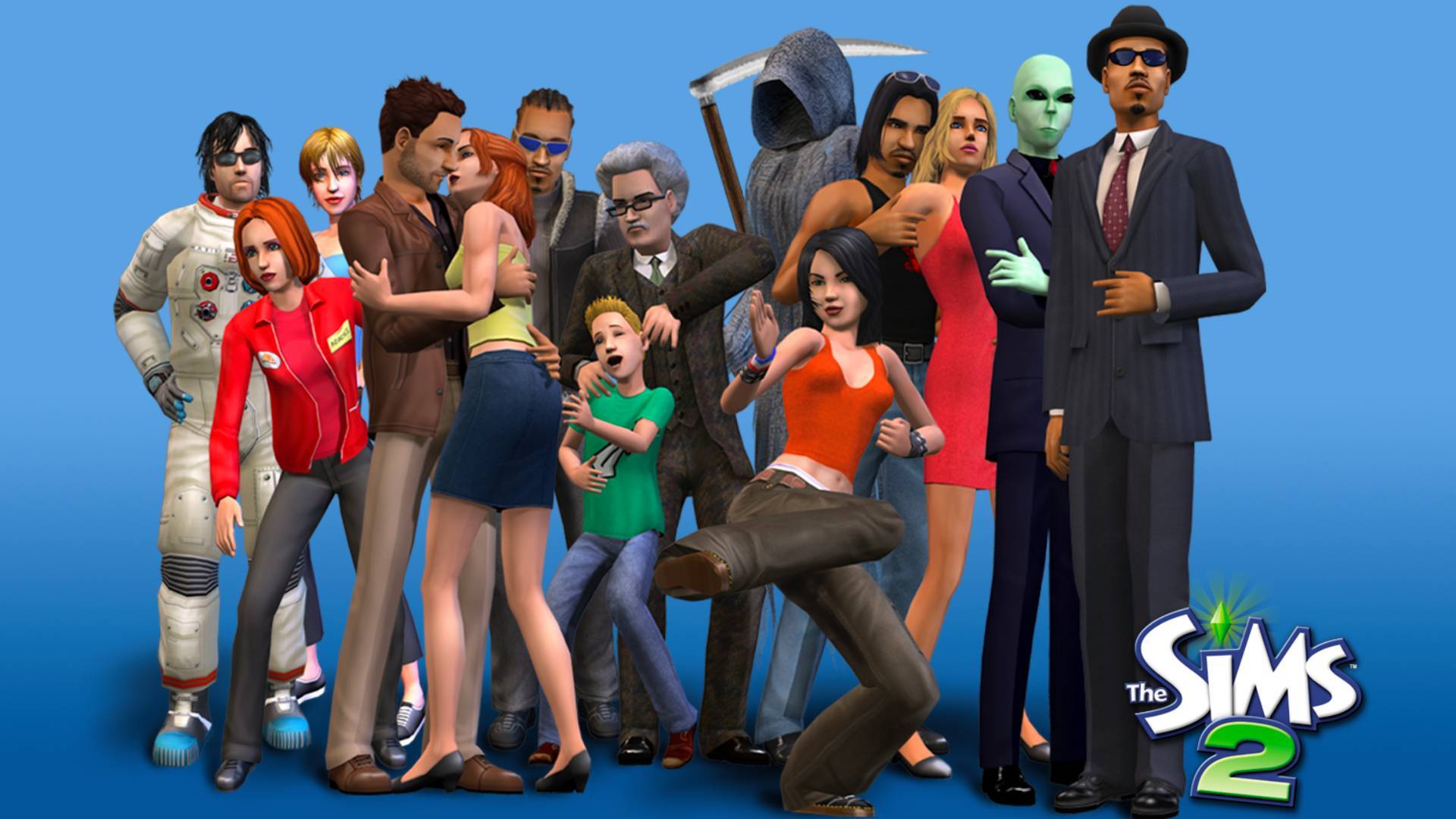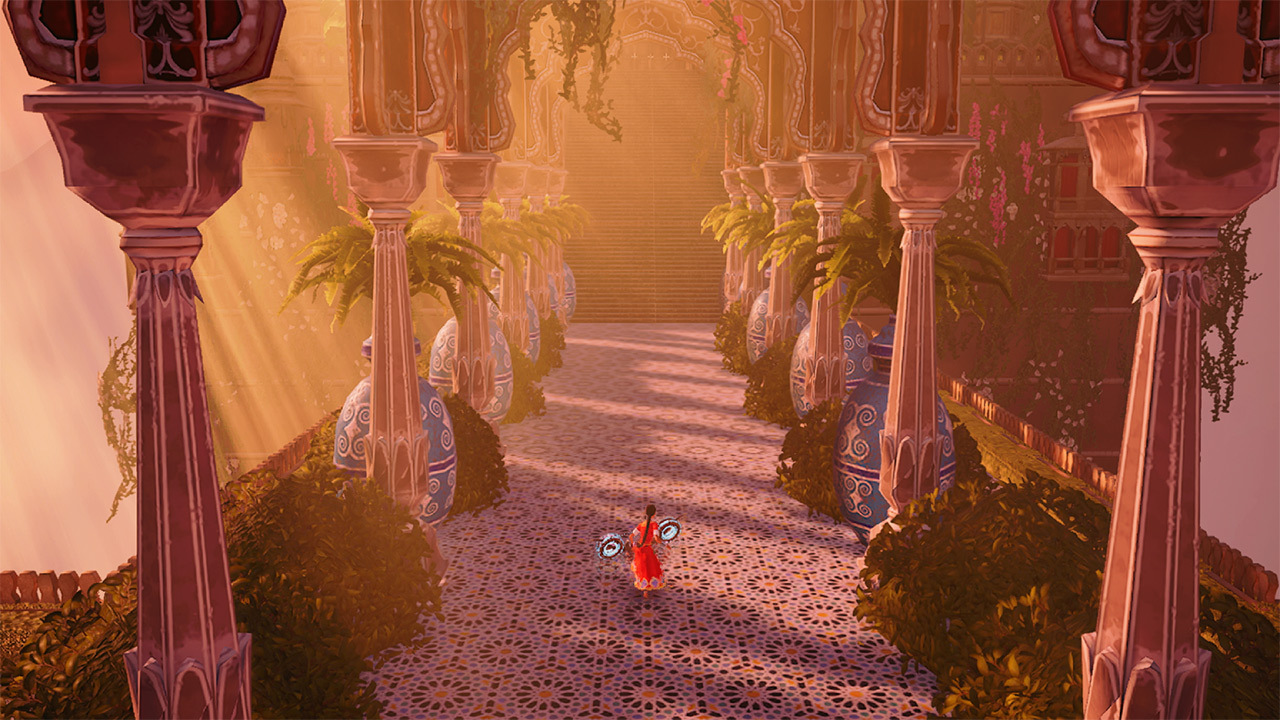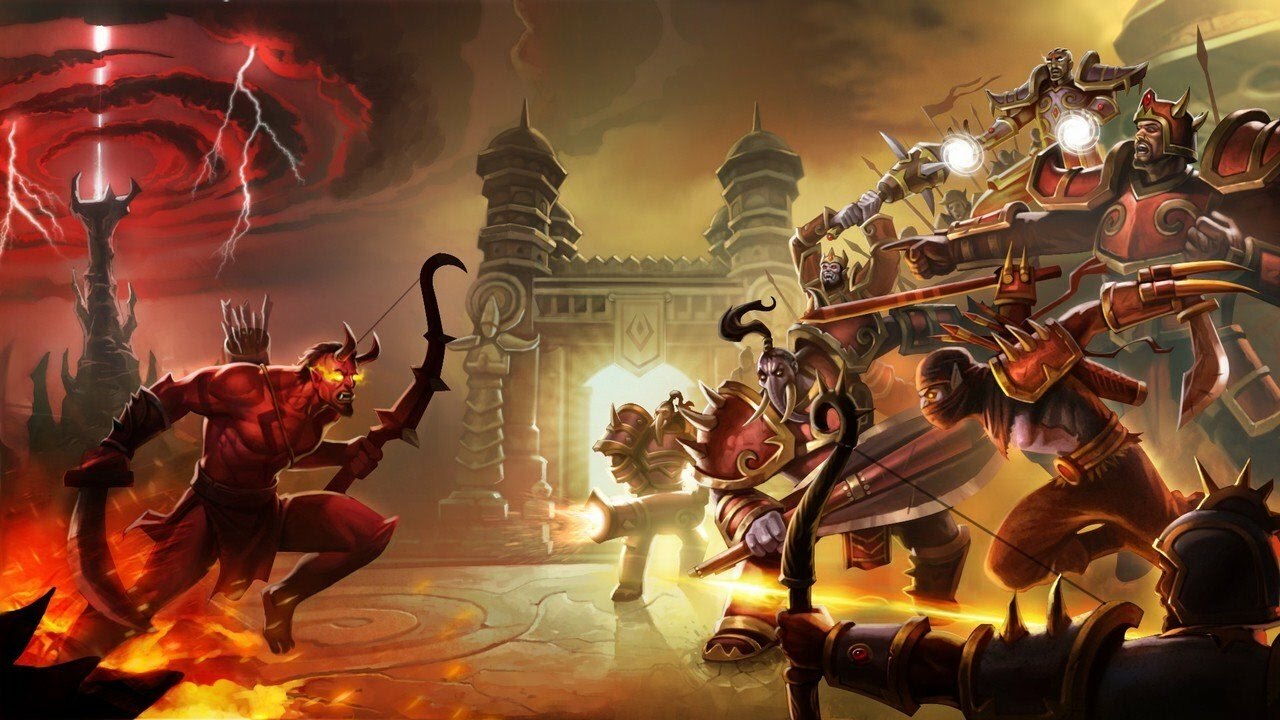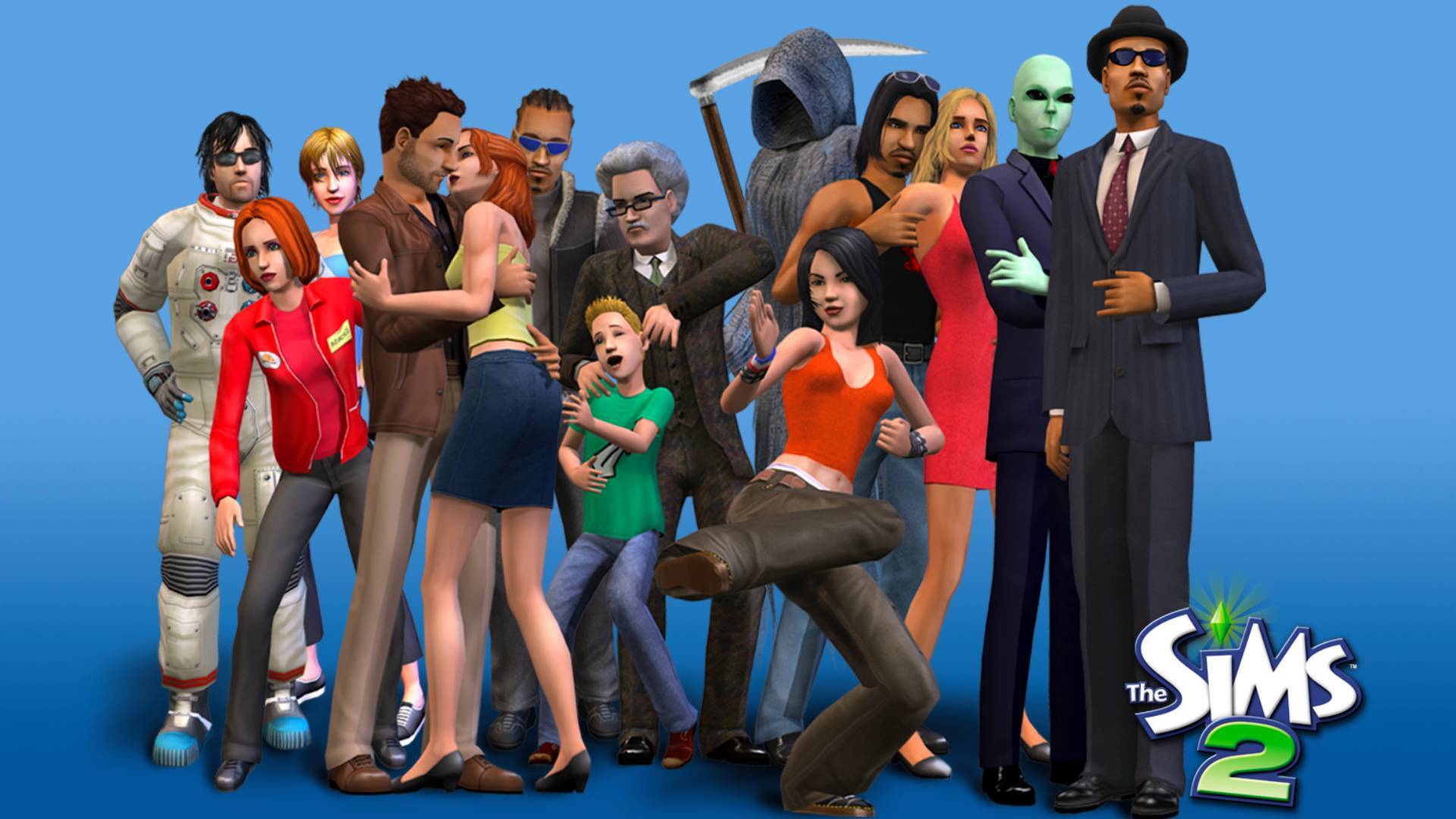Few games have created so many memories – and left so many players disappointed – as The Sims.

Ah, The Sims. A series that has shaped entire generations of players – at least, if you had a halfway decent PC at some point in the last twenty years. Back then, anything felt possible. These days, I mostly find myself wondering how EA gets away with absolutely everything – and still manages to succeed with it.
From Joy to Frustration
It used to be an event: A new expansion pack was announced, you were excited, went to your local game store, installed the CD at home, and then disappeared into a whole new game world for days. There were new careers, new features, new life stages – content that genuinely changed how the game felt.
And now? The Sims 4 has turned into a live service game. In theory, that's fine – if only EA hadn’t turned that structure into a business model focused entirely on profit, with little regard for quality. The packs have become absurdly expensive, while offering shockingly little in return. $15 just so my Sims can do laundry? No thanks. If you want to play The Sims 4 with all available content today, you'll have to pay over $1,300. Who can afford that? And more importantly: who even wants to?
Little Content, Big Problems
Content-wise, it's often just disappointing. What once brought new mechanics, entire worlds, and complex systems now usually amounts to minor features that should’ve been in the base game to begin with. Instead of true innovation, we get placeholder content that gets old fast. And the Steam reviews say it all: Hardly any pack manages to maintain a decent average rating.
On top of that, EA seems to have lost control over the technical state of one of its most important franchises. Bugs remain for months without fixes, updates solve one issue and introduce two more. And even the re-releases of The Sims 1 and 2 – much awaited by longtime fans – came with barely any improvements. No real technical upgrades, no thoughtful extras – just lazily thrown into the catalog.
EA really had a chance to do something right here. To show that they respect their own legacy. That they understand what made The Sims such a success over decades. Instead, it feels like they’re slowly but surely running the game into the ground – and watching as even the most loyal fans eventually walk away.




























